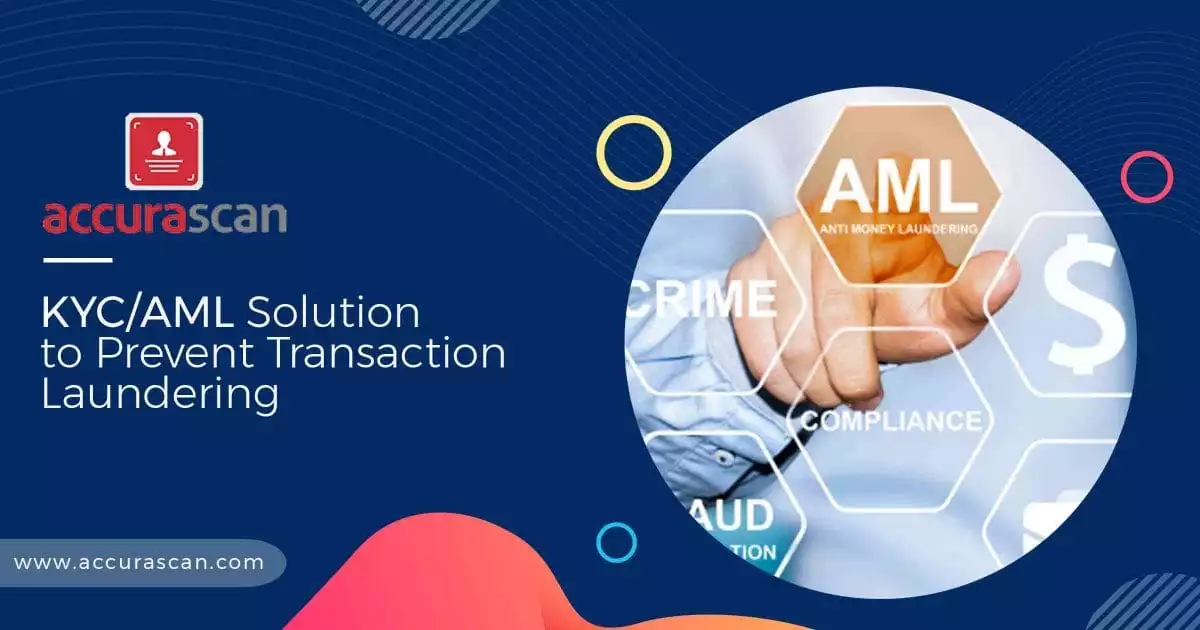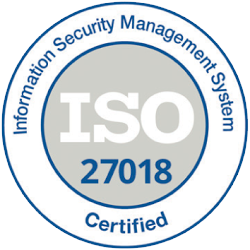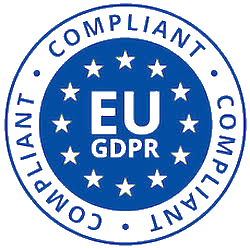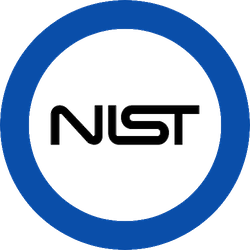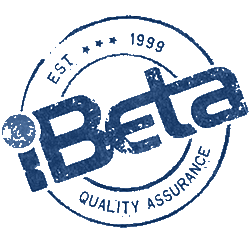KYC is the process through which your customer’s identity can be verified. It has been put in place to help prevent any sort of criminal activities like money laundering via transactions. KYC in banking sector allows them to understand their customer’s financial dealings, allowing them to serve their clients better. At the moment, 72% of respondents have identified certain unusual activities noticed in their customer’s accounts. This was considered to be the source for the trigger for that particular transaction.
In a joint survey that was conducted by KPMG and PWMA (Private Wealth Management Association) over digital KYC, the average time taken by customers and clients during the onboarding process has increased to 40 days in the last two years. 85% of those that took the survey agreed that the use of KYC would be a healthy development. This will also help contribute to a better client experience as well as a fast onboarding time.
What is AML?
There is a high risk of getting involved with an unlawful person that could put you in serious peril and legal battles. Using AML screening solutions through the KYC process gives you a heads up about whom you are working with as well as protects your interests.
AML, also known as anti-money laundering, is a screening software that is used to identify when an illegal activity is taking place with an account. AML provides a safe transaction between you and your customers, ensuring that there is no room for error and illegal transactions.
Operating on a broader level, AML acts as a barrier or firewall that pings when a trigger has been activated. This will help you keep your transactions function on a steady path and develop the control required to avoid illegalities. Any event that occurs due to not having a screening process like AML verification can cause severe harm to a company’s reputation. This helps show customers that the company has high values and maintains a strict code of conduct.
Why KYC is important
The best way for any business to be alerted against unknowingly participating in money laundering activities and other illegal transactions is to be alert. KYC face verification also allows you to maintain that alertness as you verify the identity of your customers properly when their account is open. If a customer refuses to provide this identifying information, then you can question their motives or alert the authorities.
Any KYC compliance gives you the go-ahead to verify your customer’s account based on the information they have provided, however, that compliance should remain throughout the whole business relationship.
Digital KYC is an effective program that looks closely at understanding a customer’s or partner’s shareholding structure. This is done by identifying beneficial owners and senior management of the account where applicable and storing and screening their data when obtained. The information received has to be reviewed frequently, based on trigger events that could set off the AML verification when applicable.
KYC in banking collects the necessary information as per the requirement of the process and then identifies the owner at the beginning stage. Unless the information is correct and matches, there will be no step forward taken. However, any information updated by the customer or partner could be based on trigger events that have occurred. This could be a money-laundering event that was noted, causing a change in a part of the information collected.
We, at Accura Scan, provide easy KYC compliance and use AML verification software to ensure that the user onboarding process is seamless and smooth. We provide our customers with identity card scans and face match software to see if the face matches the software. Our customers can know if their clients were personally present while doing the transaction through our liveness check. We make it our aim to provide you with the utmost security system that will further help build your company’s value and gain the trust of your customers.

